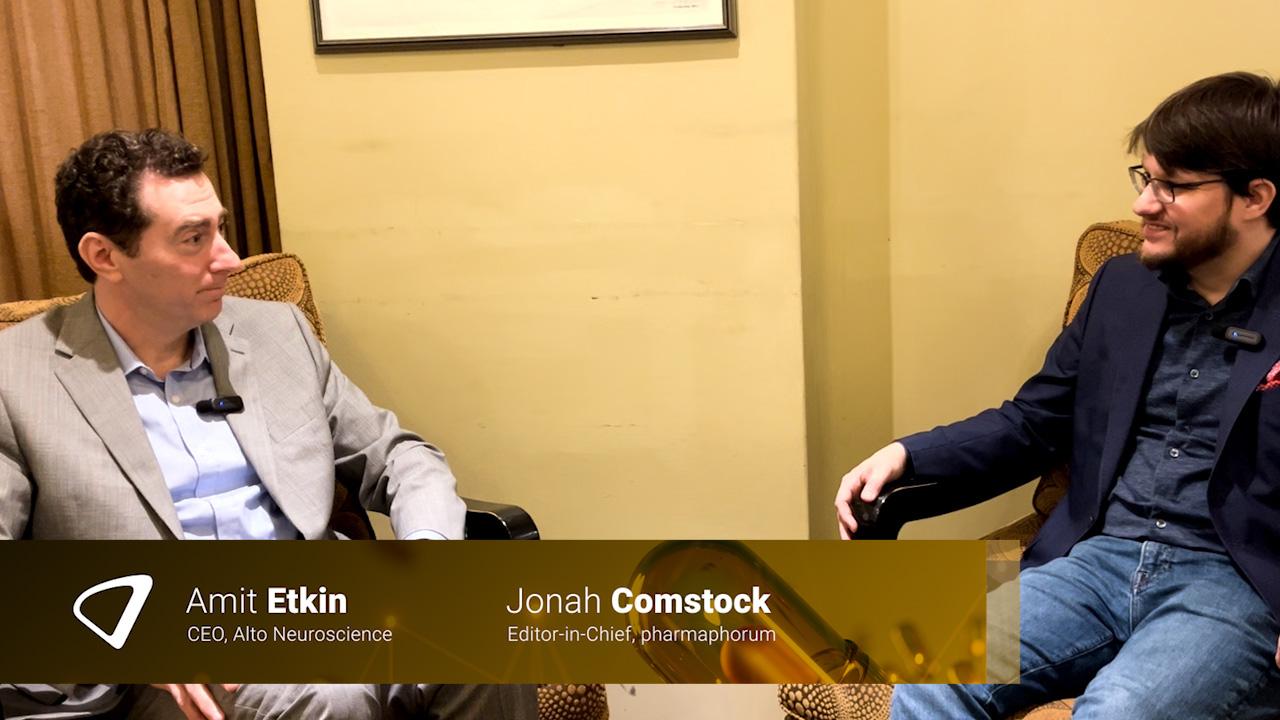Mixed phase 3 results from J&J's esketamine depression drug

Johnson & Johnson is to press on with filings for its new depression drug, esketamine, despite one of two late-stage studies missing an efficacy target.
Ketamine is best known as an anaesthetic illegally used as a party drug, but J&J’s Janssen unit has reformulated it as a treatment for depression.
Janssen’s drug is based around the “left handed” chemical configuration of the molecule delivered in nasal spray form.
Following on from encouraging mid-stage results from esketamine announced over the Christmas break, J&J has unveiled some slightly mixed phase 3 results.
Data from a study in adults with treatment-resistant depression showed that flexibly dosed esketamine nasal spray, plus a newly initiated oral antidepressant showed a statistically significant and clinically meaningful rapid reduction of depressive symptoms, as compared with placebo nasal spray plus a new oral antidepressant.
Treatment-resistant patients were defined as patients who had not responded to two or more currently available antidepressants of adequate dose and duration in the current episode of depression.
But data from a second study in patients aged 65 and older with treatment-resistant depression with a similar design narrowly missed statistical significance for its primary efficacy endpoint.
J&J said that if the FDA decides to approve esketamine it would be one of the first new approaches to treat refractory major depressive disorder in the last 50 years.
Janssen has three more phase 3 studies of esketamine nasal spray in depression, due to report findings, later this year.
The five studies will inform regulatory filings, and the FDA has granted a Breakthrough Therapy designation in the US, paving the way for a potential faster six-month priority review if results look promising.
Husseini K. Manji, global head of neuroscience for Janssen Research and Development, said: “With about 30% of patients with major depression failing to respond to currently available antidepressants, treatment-resistant depression represents a major public health need."
“The positive phase 3 results for esketamine nasal spray in adults with treatment-resistant depression are exciting, particularly as they mark the first time an antidepressant has achieved superiority versus an active comparator in any clinical trial for major depressive disorder. What makes this even more significant is that the response was rapid and this milestone was achieved in patients deemed to be treatment-resistant. We are also pleased with the clinically meaningful outcomes for esketamine nasal spray in elderly patients, a population that often has greater disability and lower response rates.”












